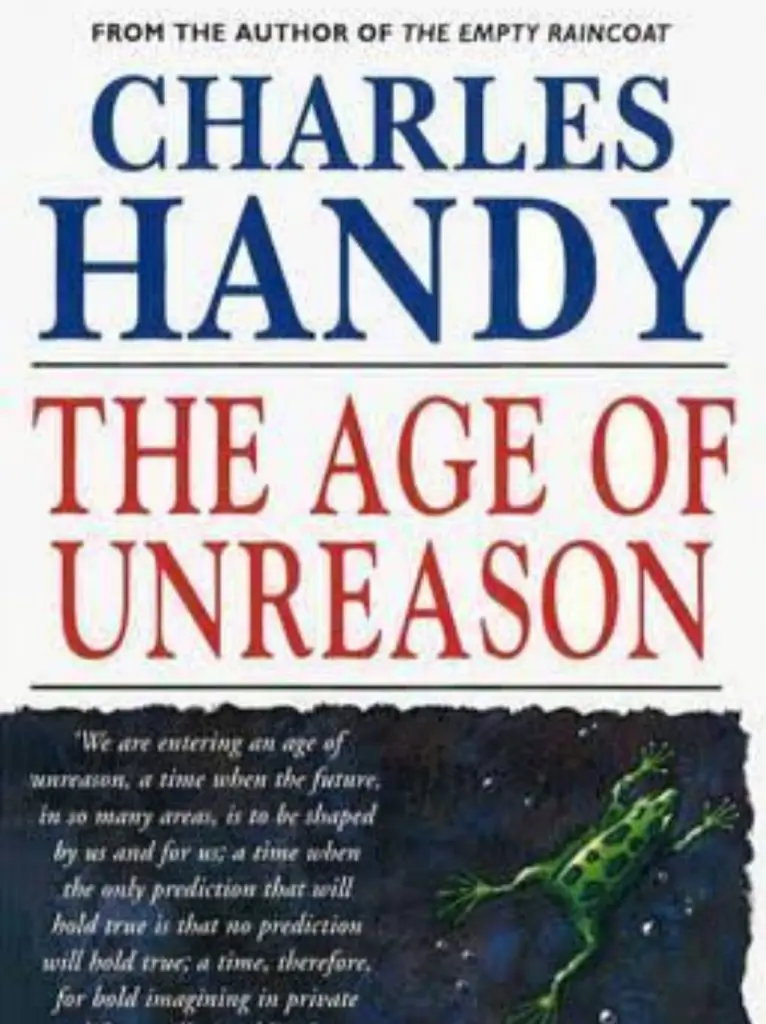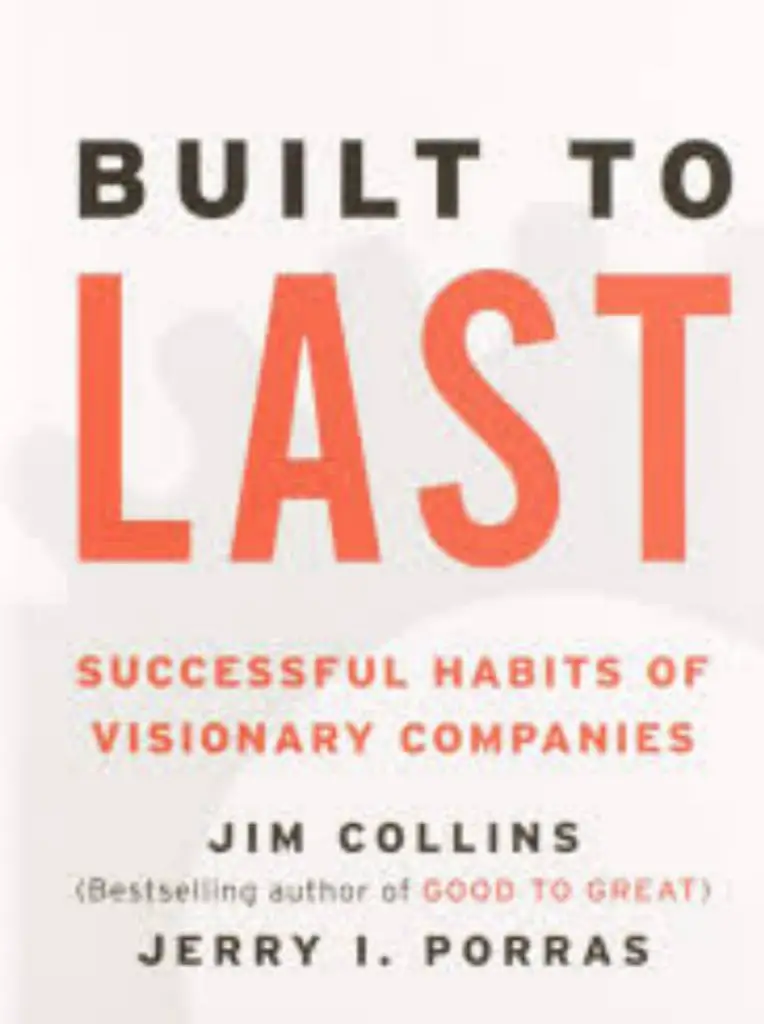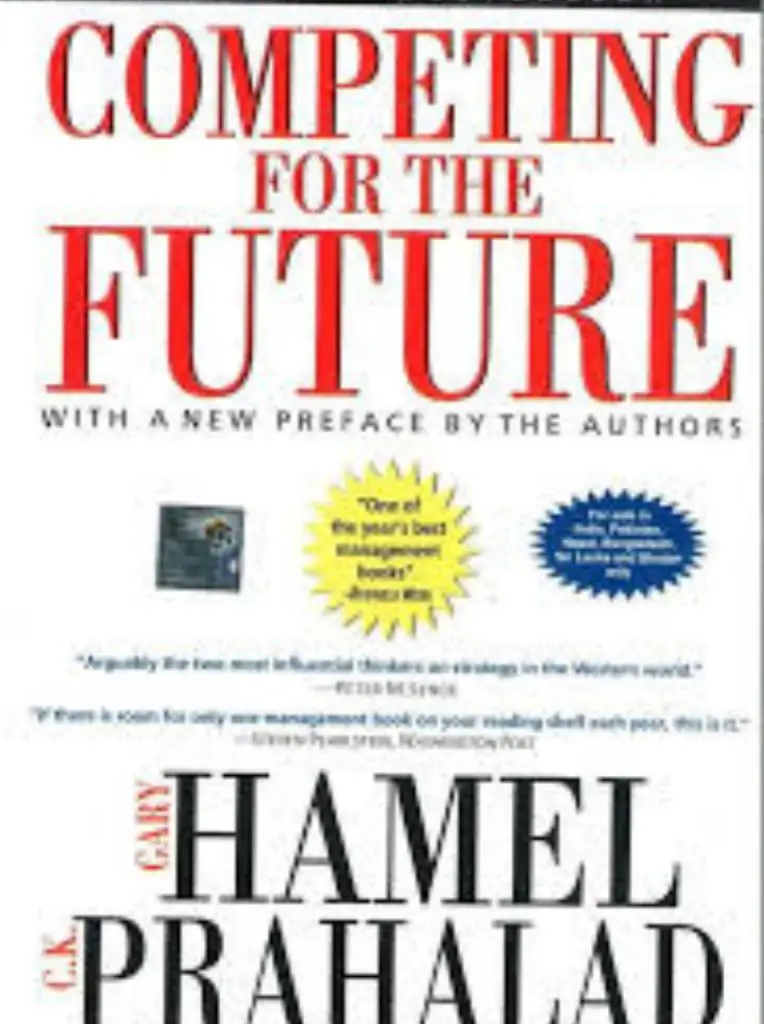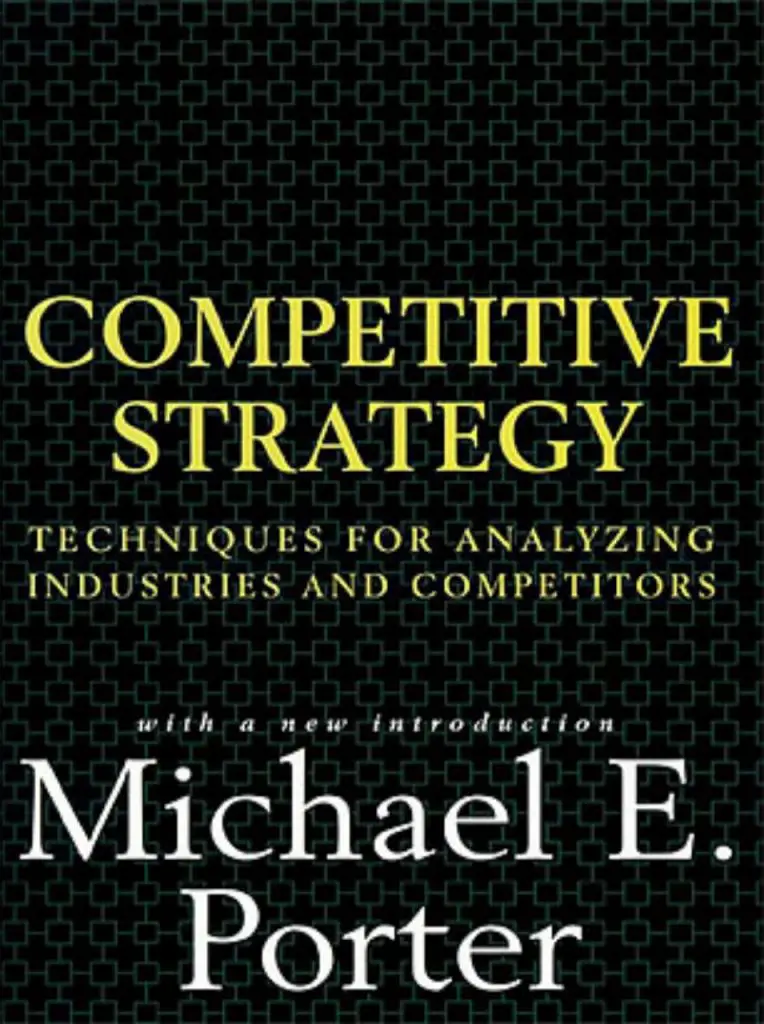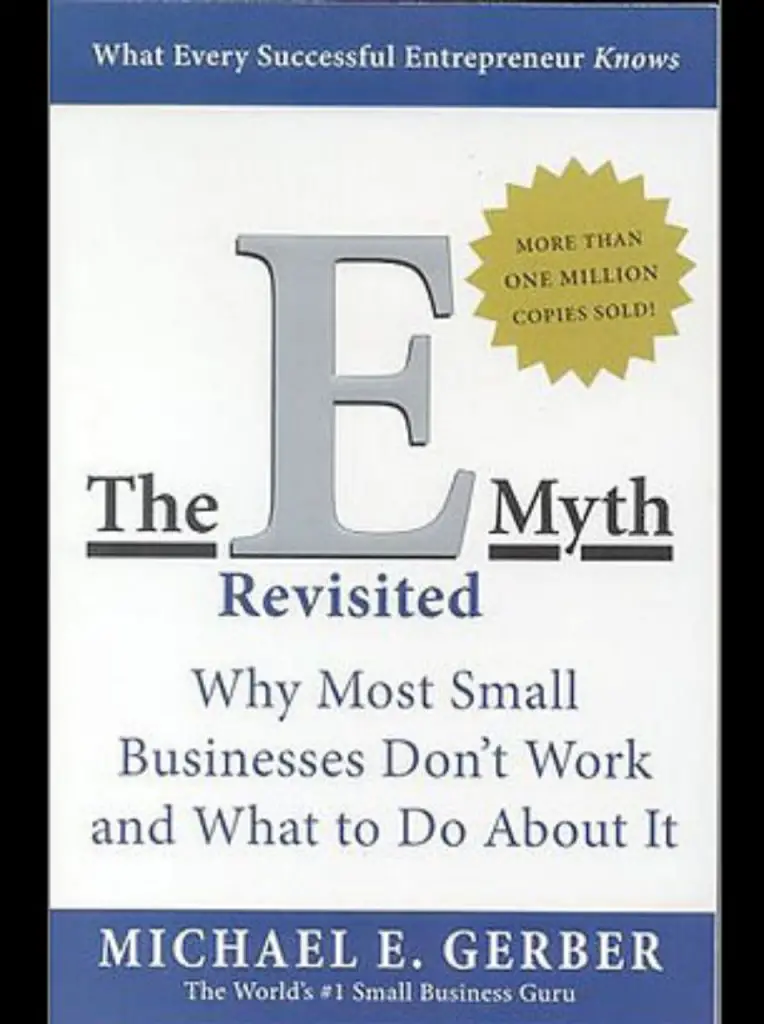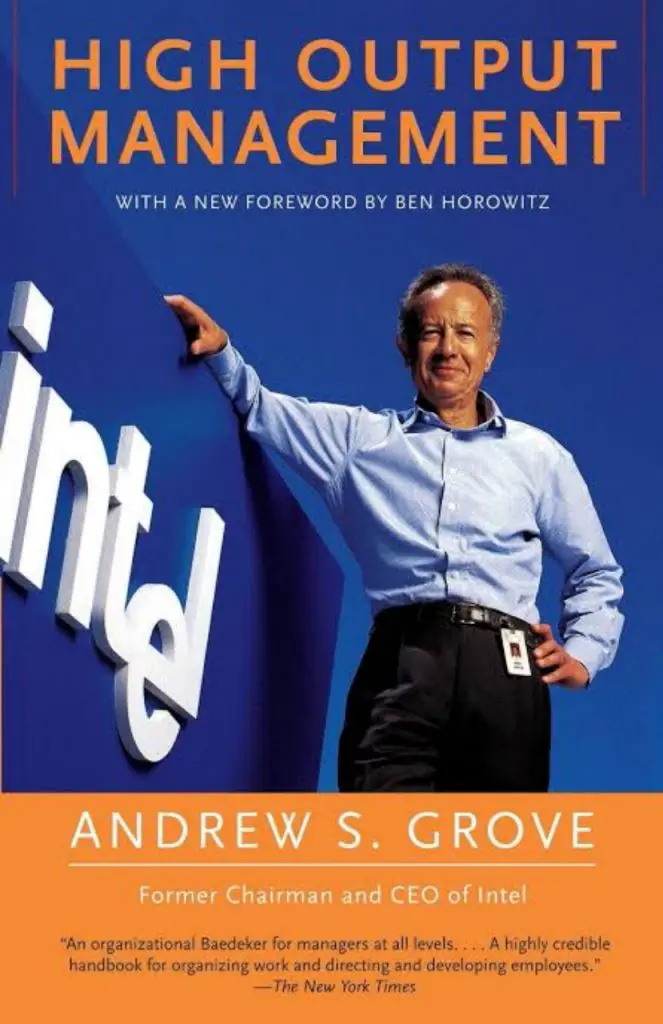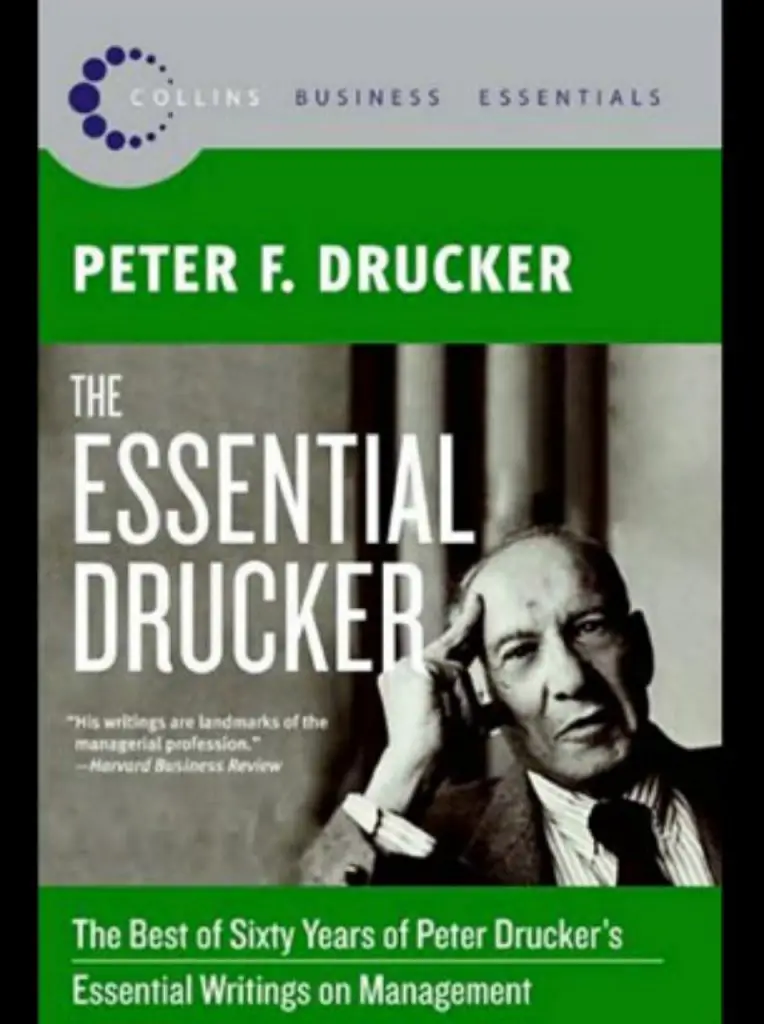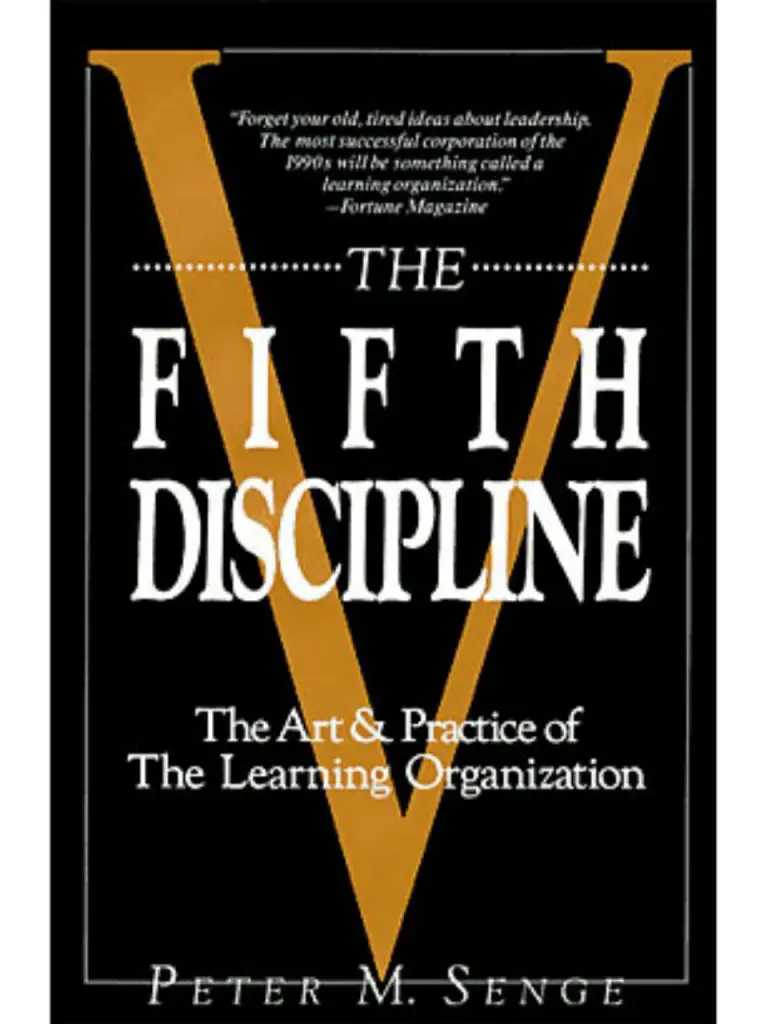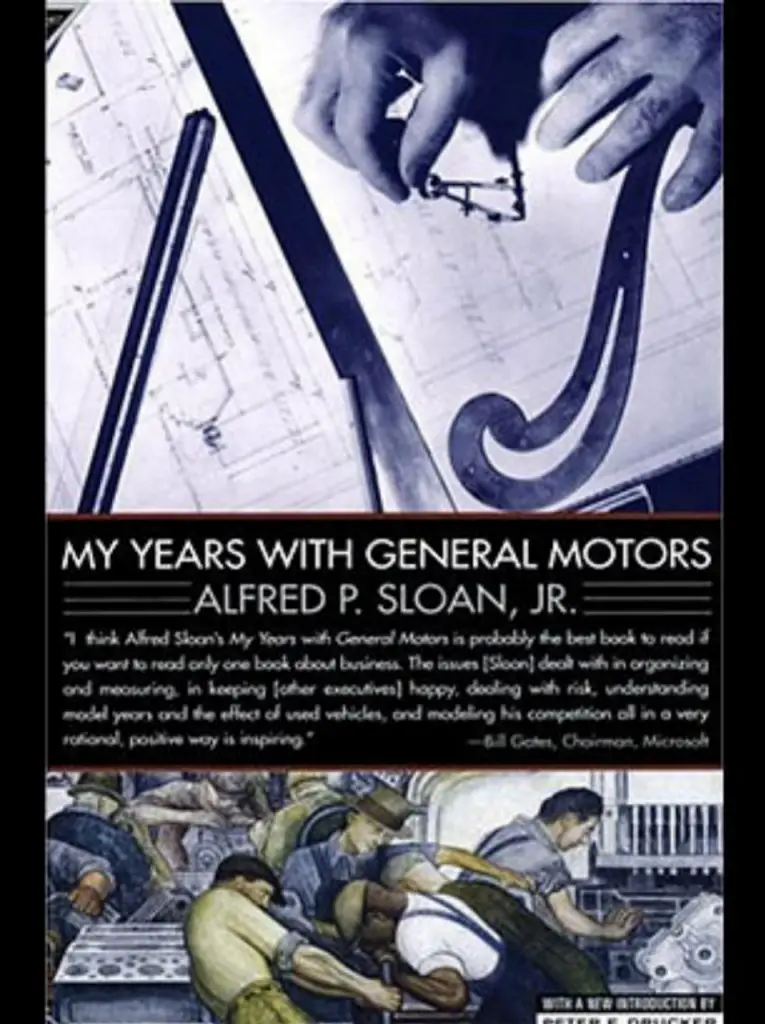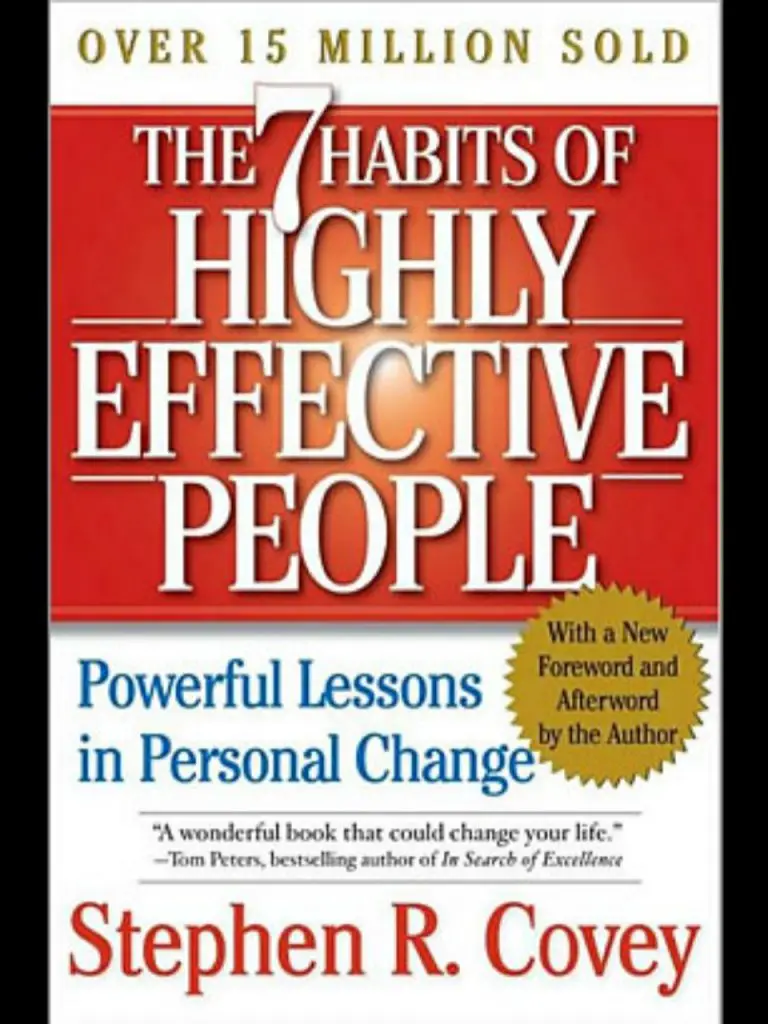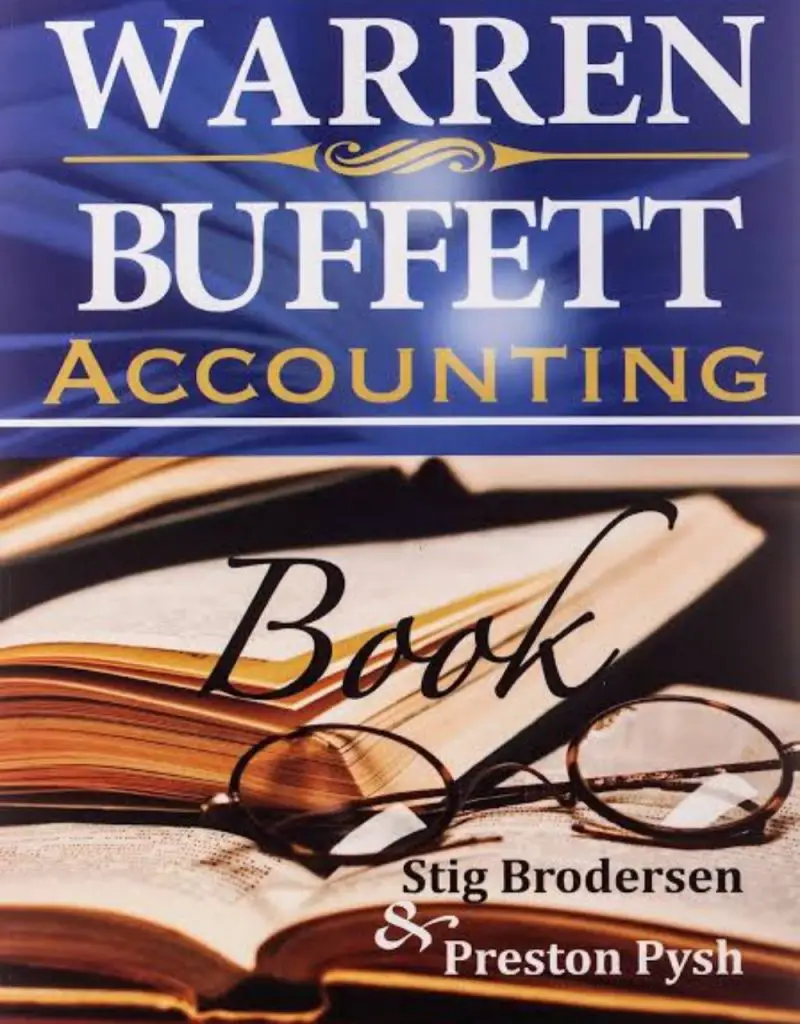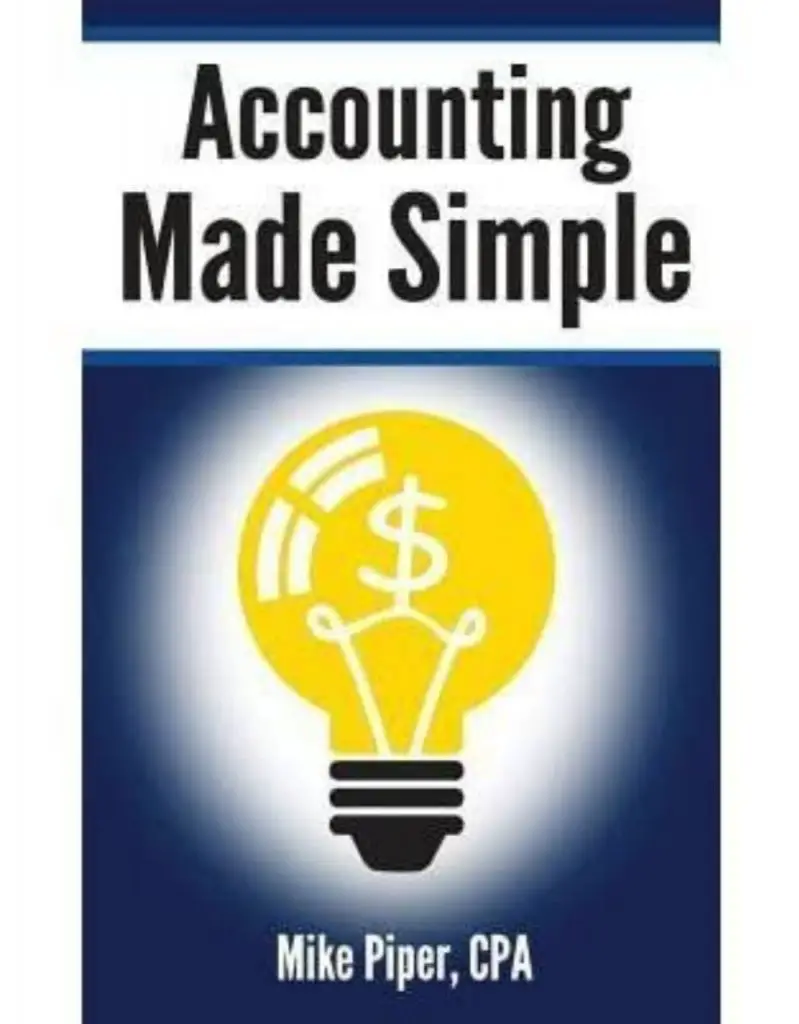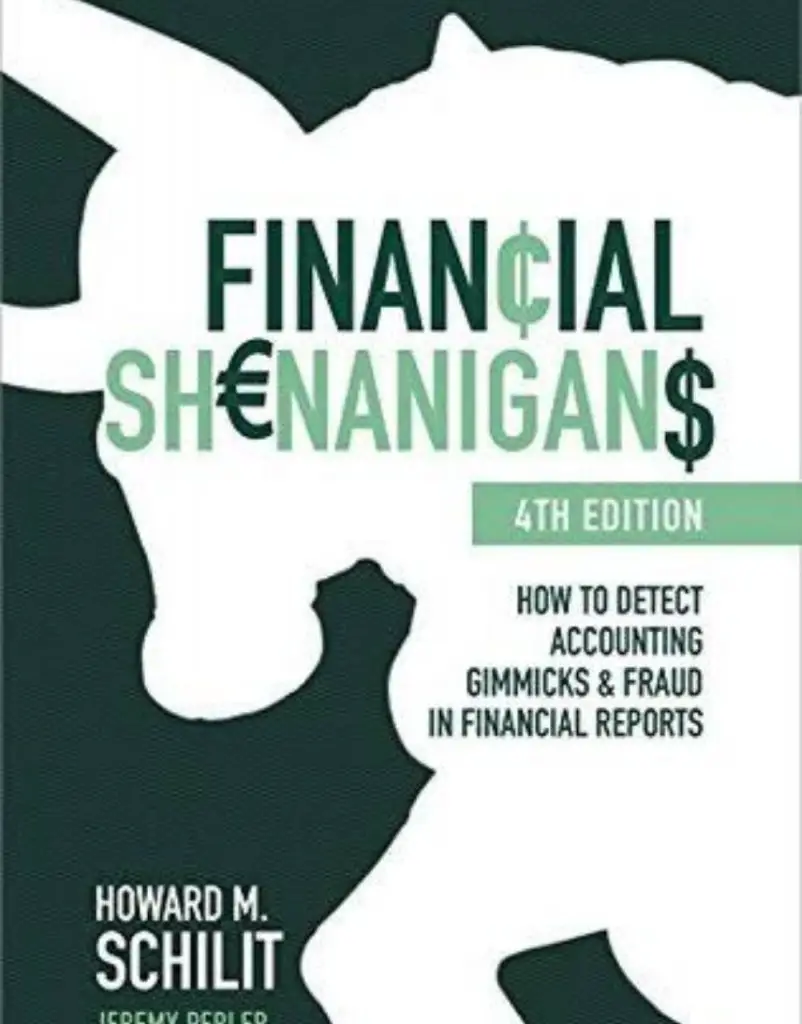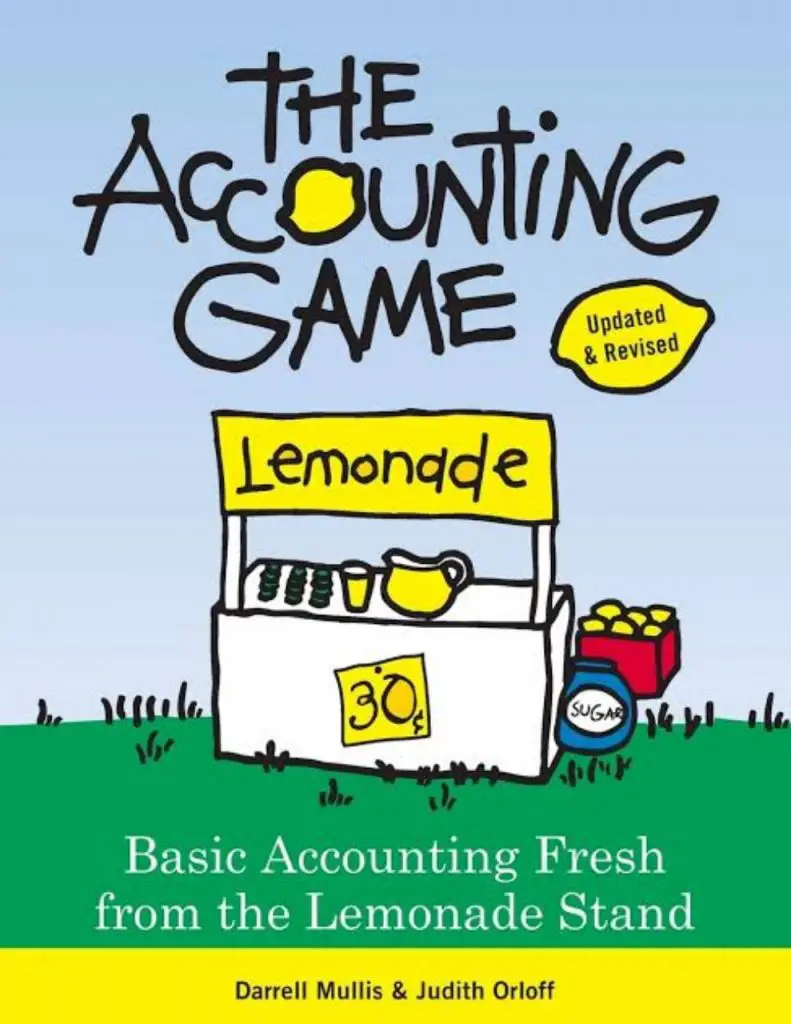Wonder what the must-read business, management, and accounting books are? Here is our take.
There are over 90,000 results on Amazon alone for business management and accounting books. This stat shows students struggle to find the right book to read.
Today, we have curated a list of highly recommended books for business, management, and accounting students.
This list helps researchers who are tucked in their daily grind to develop their next breakthrough ideas.
Books provide an alternative means of learning a course. For a layperson, this helps you become a much-read lifetime learner.
Let us discuss the intro, summary, and key takeaways of books, ranging from managerial accounting books, decision-making, finance, and money in detail.
Table of Contents
Overview of the Book List
- The Age of Unreason by Charles Handy [Get the book here]
- Built to Last: Successful Habits of Visionary Companies by Jim Collins and Jerry Porras [Get the book here]
- Competing for the Future by Gary Hamel and Coimbatore Prahalad [Get the book here]
- Competitive Strategy: Techniques for Analyzing Industries and Competitors by Michael Porter [Get the book here]
- The E-Myth Revisited: Why Most Small Business Don’t Work and What to Do About It by Michael Gerber [Get the book here]
- High Output Management by Andy Grove [Get the book here]
- The Essential Drucker by Peter Drucker [Get the book here]
- The Fifth Discipline: The Art and Practice of the Learning Organization by Peter Senge [Get the book here]
- My Years With General Motors by Alfred Sloan Jr. [Get the book here]
- The 7 Habits Of Highly Effective People by Stephen Covey [Get the book here]
- Warren Buffett Accounting Book: Reading Financial Statements for Value Investing by Preston Pysh and Stig Brodersen [Get the book here]
- Made Simple – Accounting Explained in 100 Pages or Less by Mike Piper [Get the book here]
- Financial Shenanigans: How to Detect Accounting Gimmicks & Fraud in Financial Reports by Howard Schilit and Jeremy Perler [Get the book here]
- Accounting Game: Basic Accounting Fresh from the Lemonade Stand by Darrell Mullis and Judith Orloff [Get the book here]
Part I. Business and Management
The Age of Unreason by Charles Handy
Intro – Why you should read it
TIME listed this book as one of “The 25 Most Influential Business Management Books.”
This informative account of Charles Handy, an expert in organizational management, analyses how change transforms careers, business, education, and management.
Summary – What this book is about
The book further explains the need to be unreasonable in decision-making to cope with the constant change in management, education, and business. You need to ditch the traditional way of doing things to profit from the “discontinuous” change in a changing world.
Key Takeaways – What to do next
- Equate learning with problem-solving. “Learning is not finding out what other people already know but is solving our own problems for our own purposes, by questioning, thinking and testing until the solution is part of our lives.” – quote from the book.
- Become a learning-and-doing machine. “I am suggesting, on the basis of good evidence, that those who learn best and most, and change most comfortably, are those who a) take responsibility for themselves and for their future; b) have a clear view of what they want that future to be; c) want to make sure they get it; and d) believe they can.” – quote from the book.
- Embrace the success formula I3 = AV. “The new formula for success, and for effectiveness is I3=AV, where I stands for Intelligence, Information, and Ideas, and AV means added value in cash or in kind.” – quote from the book.
Built to Last: Successful Habits of Visionary Companies by Jim Collins and Jerry Porras
Intro – Why you should read it
Built to Last is one of the best managerial accounting books in this category.
Summary – What this book is about
Build to Last is a framework of groundbreaking concepts entrepreneurs can apply to their startups or medium-sized companies to grow into visionary firms.
Published in 1994, Jim Collins and Jerry Porras give new practical insights and guidance to entrepreneurs who aim to build visionary companies that endure the challenges most startups and midsize companies face.
Collins and Porras examined 18 exceptional companies during six-year research at Stanford University to answer the question, “what do exceptional companies have over their competitors?”
Key Takeaways – What to do next
- It’s easier said than done but strive to develop a vision that stands the test of time – aspire for greatness.
- Think AND, not OR. Strive to achieve the near-impossible rather than accepting difficult trade-offs.
- Develop meaningful core values that guide day-to-day management decisions and employee behaviors.
Competing for the Future by Gary Hamel and Coimbatore Prahalad
Intro-Why you should read it
Highly reviewed by the Book News, Inc., Portland, Library Journal, and Publishers Weekly, Competing for the Future is a valuable tool for students, business executives, and academicians.
Summary-What this book is about
Co-Authors of Harvard Business Review, Hamel and Prahalad, challenge business managers to ditch downsizing or restructuring and adopt “industrial transformation” as a means of addressing the true dynamic.
This timely publication focuses on the future by proposing unrivaled ideas on making data-driven decisions to keep your business ahead of your competitors.
Key Takeaways-What to do next
- Be dynamic in your business and prepare for the future.
- Analyze your present standing and be ready to adapt to change.
- Broaden your knowledge and vision to remain competitive in the future.
Competitive Strategy: Techniques for Analyzing Industries and Competitors by Michael Porter
Intro-Why you should read it
Transformative, innovative, and electrifying, Competitive Strategy explains the fundamentals of competition in a way scholars, students, and consultants understand
Summary-What this book is about
As one of the best in what he does, Michael Porter employs simplicity to put forward a strong argument on why managers should implement unique strategies other than the traditional approaches to run a profiting enterprise.
His analysis exposes the flow in the conventional way of achieving business success by expanding the business’s market shares.
Competitive Strategy proposes a modernized means of benefiting from the market by focusing on the low and high markets.
Porter advises executives to define the relationships between the five factors that characterize competition—industry rivals, new entrants, suppliers, buyers, and alternate products.
Key Takeaways-What to do next
- Be versatile when making decisions. You shouldn’t be limited to a specific factor.
- Focus on all points when analyzing your competitors- don’t assume any point you think is unimportant.
- Have a good framework for your analysis.
The E-Myth Revisited: Why Most Small Business Don’t Work and What to Do About It by Michael Gerber
Intro-Why you should read it
This revised edition of the E-Myth allows you to learn from one of the experts in the business world. Michael E. Gerber is an in-demand speaker besides being the founder and CEO of the California-based E-Myth Worldwide.
He also authored The E-Myth Contractor, The E-Myth, The PowerPoint, and The E-Myth Manage, alongside the E-Myth Revisited.
Summary-What this book about
Gerber argues that, besides being a technician, a prosperous business owner must be an entrepreneur and an effective manager to run a successful business.
He proceeds to explain the steps of growing your business from infancy via adolescence to maturity.
Key Takeaways-What to do next
- Grow your business by working on it, rather than working in It. Consider your business a franchise to maximize results.
- Evaluate your competition to come up with brilliant ideas to help you win.
- Own your business and not your job.
High Output Management by Andy Grove
Intro-Why you should read it
If you are going to read a book from this category, make it this one. This book is highly recommended by the Wall Street Journal, New York Times, Mark Zuckerberg, and Peter Ducker. I came across this book when I was reading the Hard Thing About the Hard Things by Ben Horowitz who co-founded a16z, a leading venture capital firm.
Summary-What this book is about
This book borrows heavily from Andrew’s experiences at Intel. The ex-chairman, president, and CEO of Intel, Andrew Grove discusses his viewpoint on running a company. He shares methods of managing productive teams and provides valuable ideas to consultants, accountants, sales managers, and others in the accounting profession.
Key Takeaways-What to do next
- Train yourself to be a better manager to maximize the output from your company.
- Take every role as a process and always understand the production elements such as inputs, timing, outputs, limiting steps, variability, and quality controls.
- Have clear short-term goals that focus on your long-term objectives.
The Essential Drucker by Peter Drucker
Intro-Why you should read it
Peter– the father of modern management, social commentator, and preeminent business philosopher–spent sixty years analyzing society and economics. His 25 books continue to shape corporations seventeen years after his death.
Summary-What this book is about
The Essential Drucker, for instance, is a thought-provoking collection of materials from the life of Peter Drucker, the management legend.
He gives practical advice as effectively as an MBA refresher course.
You get most of the insights you want to know on management, individual, and society all in one book.
Also outlined in this book is the relationship between management principles, society, individuals, and organizations.
Key Takeaways-What to do next
- Be a good leader and an efficient manager. Do the right things and do them right.
- Create the future you want and stop holding on to the past.
- Be bold in making decisions-successful businesses are the result of courageous decisions.
The Fifth Discipline: The Art and Practice of the Learning Organization by Peter Senge
Intro-Why you should read it
If you are looking for a book with solutions to most of the recurring problems facing your business, The Fifth Discipline may be the one for you.
The book suggests a unique transformation strategy into a learning organization.
This insightful collection of practical ideas and real examples is worth a read. The need to find even more brilliant ways of management is one reason this page-turner remains one of the best in this category.
Summary-What this book is about
Peter addresses the five disciplines that help this transformation– personal mastery, shared vision, team learning, mental modes, and system thinking.
According to the author, system thinking is the bridge that connects the other four disciples.
He explains why managers need to embrace change and tackle today’s problems in the business world.
Paul also points out that to achieve a performance improvement, one must have the ability to see and manage interrelations.
The book emphasizes the need to see businesses as interconnected parts with a sole goal.
Key Takeaways-What to do next
- Develop collective learning skills to be prepared for change.
- Work together to achieve a common goal.
- Do not copy your competitors. Instead, find a way your business works as a system.
My Years With General Motors by Alfred Sloan Jr.
Intro-Why you should read it
The founder and CEO of Microsoft Corporation, Bill Gates, recommends My Years with General Motors as the best business book.
Alfred Sloan tells his story at General Motors, where he served as the chairman, president, and CEO.
During his tenure, the company grew to become one of the top automotive industries in the world.
Summary-What this book is about
Besides his nearly perfect management style, this book predicts most of the problems that would later affect General Motors.
Even though he expresses confidence in his management style, Alfred agrees that only intelligent management would solve the problems in the industry. Readers may find this book valuable on the history of management and how it has evolved.
Key Takeaways-What to do next
- Conducting thorough market research is key to achieving your business goals.
- Have a rational management approach.
- Evaluate your contribution to the company’s success.
The 7 Habits Of Highly Effective People by Stephen Covey
Intro-Why you should read it
Stephen Covey’s book was an instant bestseller when it was first published and still is today because of its unique way of addressing professional and personal effectiveness.
Stephen was an internationally rated leadership authority and a management expert.
His book, The 7 Habits of Highly Effective People, was rated the best overall influential business book of the 20th century.
Summary-What this book is about
The core of this book revolves around the basic principles of integrity, fairness, human dignity, and honesty.
It focuses on common practices, including organizational, team, and personal effectiveness, by promoting healthy self-management habits.
Key Takeaways-What to do next
- Be a good listener and listen to understand rather than to reply.
- Change your perceptions to change yourself.
- Acquire knowledge and implement it. “To learn and not to do is really not to learn. To know and not to do is not to know.”-quote from the book.
Part II. Accounting
Warren Buffett Accounting Book: Reading Financial Statements for Value Investing by Preston Pysh and Stig Brodersen
Intro-Why you should read it
Inspired by Warren Buffett’s style of doing business, this well-written book is one of the best sellers in Warren Buffett’s Three Favorite Book series.
Warren Buffett Accounting is one book you may want to add to your reading list.
Summary-What this book is about
The book covers every accounting knowledge you require to get a basic understanding of financial statements, analyze your business and learn how to compute the intrinsic value of stocks.
The book starts by explaining the benefits of intelligent investing. Then proceeds to complex methods of reading cash flow statements, income statements, and balance sheets.
Key Takeaways-What to do next
- Invest only in the stock you understand. The process of investing starts with fundamental analysis, and you should keep it this way.
- Only buy a stock you are sure is undervalued. Conduct pure accounting research before making investment decisions.
- Grab every investment opportunity you come across.
Accounting Made Simple – Accounting Explained in 100 Pages or Less by Mike Piper
Intro-Why you should read it
This engaging accounting book comes with straightforward real-life examples that underscore accounting concepts without jargon.
Mike’s book is a valuable tool for accounting beginners preparing for their CPA exam.
Summary-What this book is about
It outlines the basic managerial accounting topics, ranging from accounting equations, preparing and reading statements, and interpreting financial ratios to cost accounting basics.
Students may also read Accounting Made Simple to refresh their knowledge of the common practices.
Key Takeaways-What to do next
- Strive to learn the accounting basics before you move on to complex concepts such as process costing, or standard costing.
- Know how to differentiate ” accrual accounting” from “cash accounting”.
- Ask the right questions when double checking your bookkeeper’s records.
Financial Shenanigans: How to Detect Accounting Gimmicks & Fraud in Financial Reports by Howard Schilit and Jeremy Perler
Intro-Why you should read it
Financial Shenanigans is your number one tool for managerial accounting knowledge that shields you from costly mistakes due to deceptive reporting.
Everyone can benefit from this well-written book, be it a layman or a business professional.
Summary-What this book is about
The book uses good examples to explain the types of frauds, tricks, and methods of detecting them.
The real-world examples outlined by Howard Schilit include some of the most bizarre frauds committed by businesses in the last few centuries.
Key Takeaways-What to do next
- Be keen while reading the numbers. This practice is one of the basic concepts that will save you money and time when conducting business transactions.
- Be on the lookout for the new tricks companies use to commit fraud.
- Maintain honesty in your accounting records.
Accounting Game: Basic Accounting Fresh from the Lemonade Stand by Darrell Mullis and Judith Orloff
Intro-Why you should read it
The Accounting Game is a simplified beginner’s guide to accounting. Darrell and Mullis’ book covers business principles that business owners may need in managing their business.
Summary-What this book is about
This accounting book uses a kid’s lemonade stand to explain the essential accounting practices that small business owners and students will enjoy reading.
Finance consultants may find the Accounting Game valuable, too. The book provides an alternative perspective to what you already know.
Key Takeaways-What to do next
- Learn financial accounting without worrying about complex calculations.
- Take your business to the next level with a clear planning and management style.
- Be open to alternative viewpoints. You shouldn’t limit yourself to one perspective.
Conclusion
Books are the best alternative to enrolling for a course when you want to acquire knowledge.
We break down the long and tiresome process of finding the right managerial accounting books to make your work easy.
Reference
Business Management
[1] http://content.time.com/time/specials/packages/completelist/0,29569,2086680,00.html
[2] https://www.goodreads.com/shelf/show/business-management
Accounting Books
[4] https://www.investopedia.com/best-accounting-books-5179543


